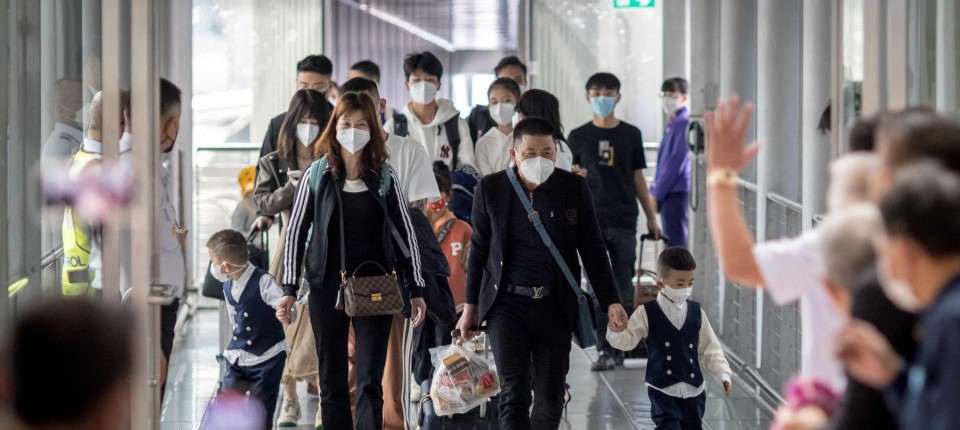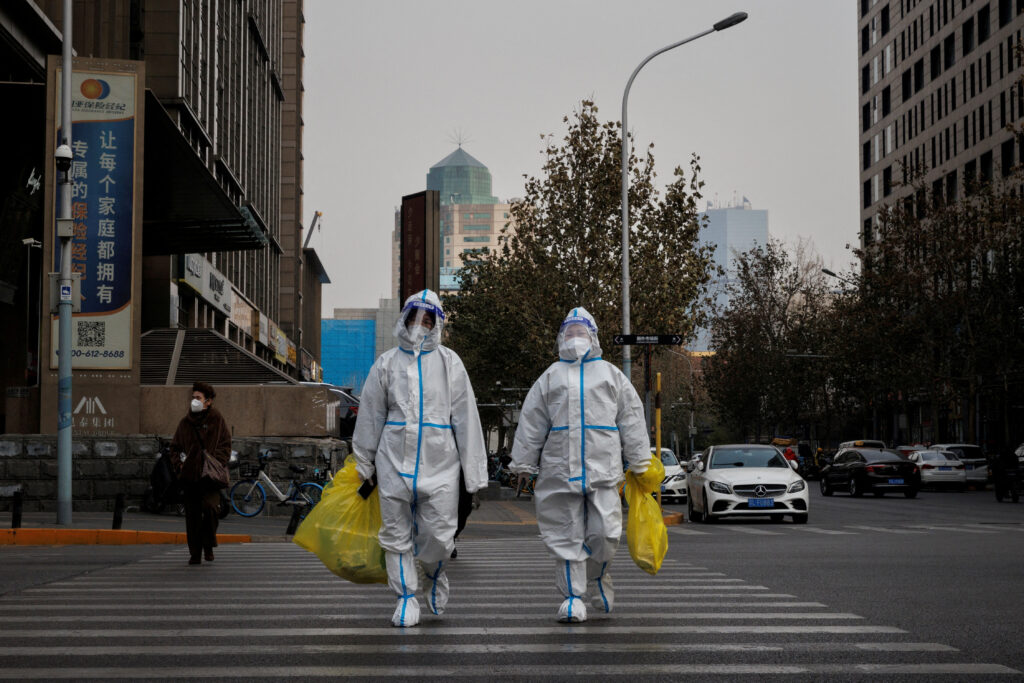Not checking Travelers to China would be Grossly Negligent

The Essen virologist Ulf Dittmer warns of the spread of the corona wave in China to rural regions and talks about the paradoxical vaccination strategy in the country. The end of China’s anti-coronavirus policy has shaken corona policy around the world, but above all it has dire consequences for billions of people themselves in the first weeks of the year. By the end of April it could reach 1.7 million. China has managed to contain the spread of the virus in its country in recent years through its Covid-zero policy.
But at a very high price: the population suffered from the drastic measures and now, with moderate immune protection and relatively unprepared, it has to endure a wave of viruses that will claim many lives. Hardly any other German virologist has as good contacts with China as Ulf Dittmer of the Institute of Virology at the University Hospital of Essen. He and his team have been working with colleagues from universities in Wuhan and Shanghai for more than 15 years.
In the past, the main focus was on HIV and hepatitis viruses. Particularly at the beginning of the epidemic, virologists in Essen extensively exchanged ideas with their Chinese colleagues about the coronavirus, planned joint research projects and published scientific studies on COVID-19 patients recovered from Wuhan. But collaboration suffered from the pandemic, there were fewer and fewer open discussions, videoconferences were apparently monitored, and only government-approved information was relayed. In an interview, Detmer comments on the latest developments and the potential risks that the Chinese wave of Covid 19 may entail.
How do you assess the current situation in China, Mr. Detmer?
Unfortunately, there are no reliable numbers from China at the moment. Reports of a drop in the incidence of the disease after peaking in early December are certainly not true. The Chinese have changed their reporting system, they test less, and doctors must prove directly that the virus is the cause of death if they die. In many cases this is impossible.
There is no family medical system in China as we know it. Anyone who feels unwell should go to the clinic. Due to the very high number of infections, the situation in some hospitals in the country is currently very tense. In my opinion, the current lack of information is too hard for people to bear.
For almost three years, residents have been told that Covid-19 is very dangerous. Before the end of the drastic measures, I was briefly informed that the omicron variant was unlikely to cause any serious progression of the disease. Were the test stations dismantled overnight, for more information? nobody.
China is the world’s largest producer of rapid coronavirus tests. But in his country, authorities rely mainly on PCR tests. You can get it now only if you present yourself as a patient at the clinic and are examined.
How common are severe Covid 19 illnesses in China?
Compared to Europe, China’s population is not that old. Covid-19 is generally mild to harmless in young people. The vaccination rate in the country is a good 90%. However, this has been achieved with vaccines that only provide 60-70% protection against severe strokes and cannot prevent Omicron infection. The situation of the elderly is very worrying. Here the vaccination rate is much worse.
Where does it leave from?
China’s vaccination strategy was very different from ours. First, the country’s two million soldiers were vaccinated with killed vaccines developed and manufactured in their country. Then all workers were vaccinated. Then it was the turn of those over 65. However, there are no adequate vaccination programs for this group of people. Many of them are now suspicious of the vaccination because they never received it. Omicron can be very dangerous for these unvaccinated seniors. We know this in the United States of America, where in some states 40% were not vaccinated against Corona when the first wave of Omicrons occurred, and some became seriously ill with COVID-19 after infection.

